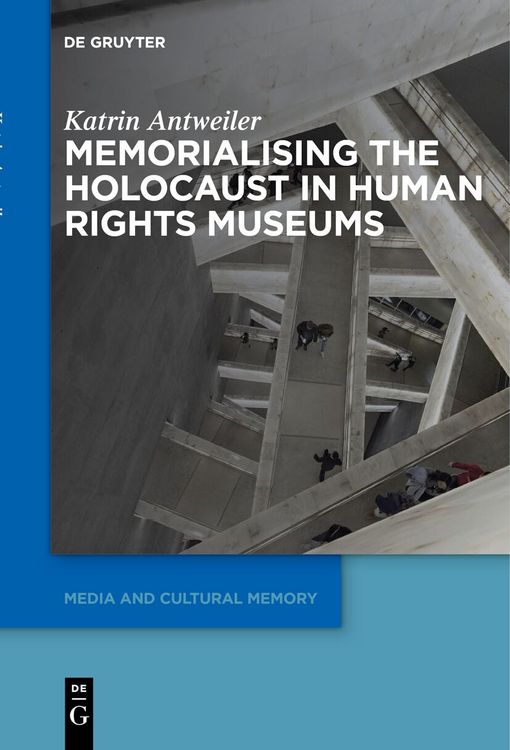
Memorialising the Holocaust in Human Rights Museums
-
- Taschenbuch ausgewählt
- eBook
-
Sprache:Englisch
18,99 €
inkl. MwSt,
Lieferung nach Hause
Beschreibung
Details
Einband
Taschenbuch
Erscheinungsdatum
04.11.2024
Verlag
De GruyterSeitenzahl
242
Maße (L/B/H)
23/15,5/1,4 cm
Gewicht
380 g
Auflage
1. Auflage
Sprache
Englisch
ISBN
978-3-11-162711-3
This book provides an analysis of the forms and functions of Holocaust memorialisation in human rights museums by asking about the impact of global memory politics on how we imagine the present and the future. It compares three human rights museums and their respective emplotment of the Holocaust and seeks to illuminate how, in this specific setting, memory politics simultaneously function as future politics because they delineate a normative ideal of the citizen-subject, its set of values and aspirations for the future: that of the historically aware human rights advocate. More than an ethical practice, engaging with the Holocaust is used as a means of asserting one’s standing on "the right side of history"; the memorialisation of the Holocaust has thus become a means of governmentality, a way of governing contemporary citizen-subjects. The linking of public memory of the Holocaust with the human rights project is often presented as highly beneficial for all members of what is often called the "global community". Yet this book argues that this specific constellation of memory also has the ability to function as an exercise of power, and thus runs the risk of reinforcing structural oppression. With its novel theoretical approach this book not only contributes to Memory Studies but also connects Holocaust memory to Studies of Global Governmentality and the debate on decolonising memory politics.
Weitere Bände von Media and Cultural Memory
-
Doing Family in Second-Generation British Migration Literature von Corinna Assmann
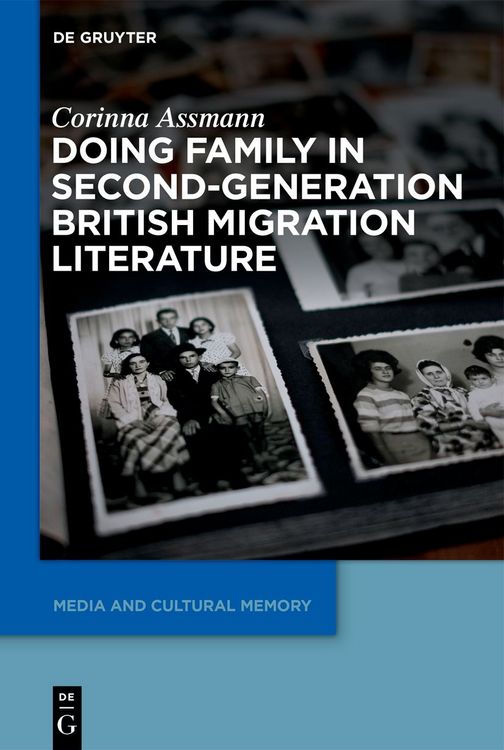 Band 25
Band 25Corinna Assmann
Doing Family in Second-Generation British Migration LiteratureBuch
32,99 €
-
The Second World War in the Twenty-First-Century Museum von Stephan Jaeger
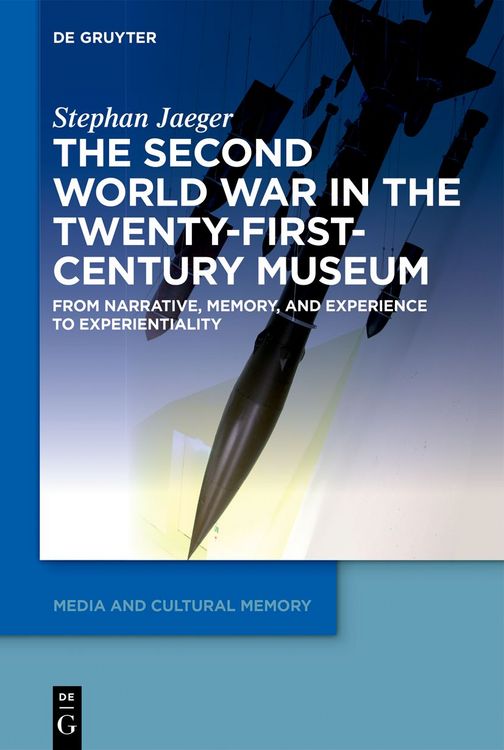 Band 26
Band 26Stephan Jaeger
The Second World War in the Twenty-First-Century MuseumBuch
32,99 €
-
The Partisan Counter-Archive von Gal Kirn
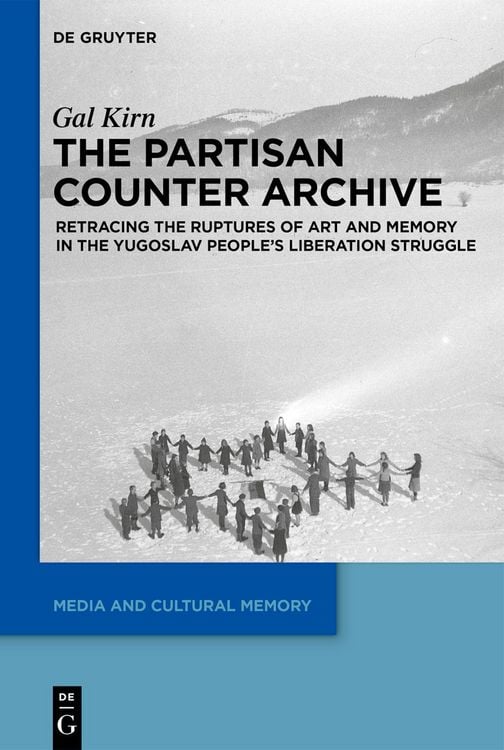 Band 27 - 19%
Band 27 - 19%Gal Kirn
The Partisan Counter-ArchiveBuch
23,99 €
29,95 €* -
Asian American Film Festivals von Erin Franziska Högerle
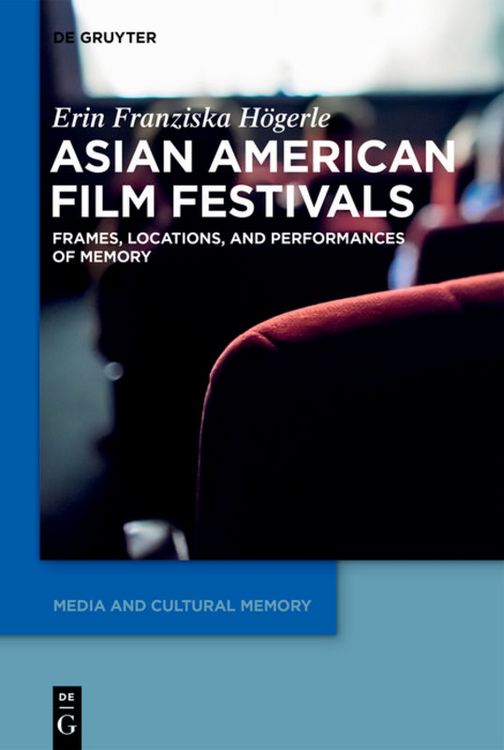 Band 28 - 34%
Band 28 - 34%Erin Franziska Högerle
Asian American Film FestivalsBuch
87,99 €
134,95 €* -
After Memory von Matthias Schwartz
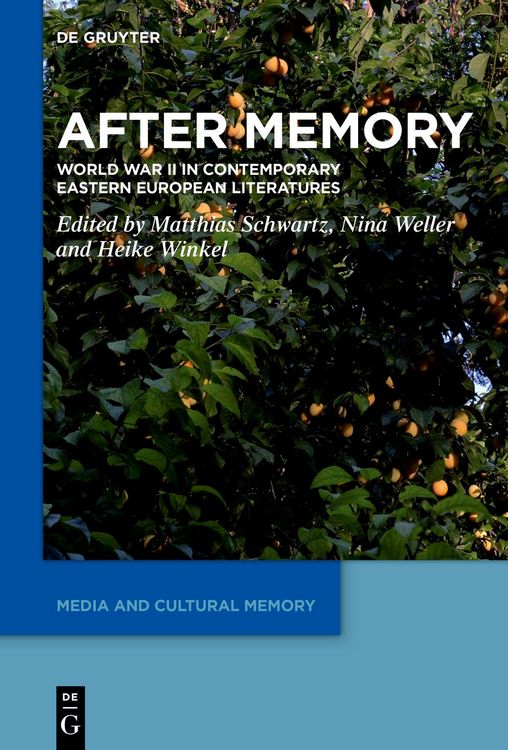 Band 29
Band 29Matthias Schwartz
After MemoryBuch
91,99 €
-
Remembering World War II Refugees in Contemporary Portugal von Verena Lindemann Lino
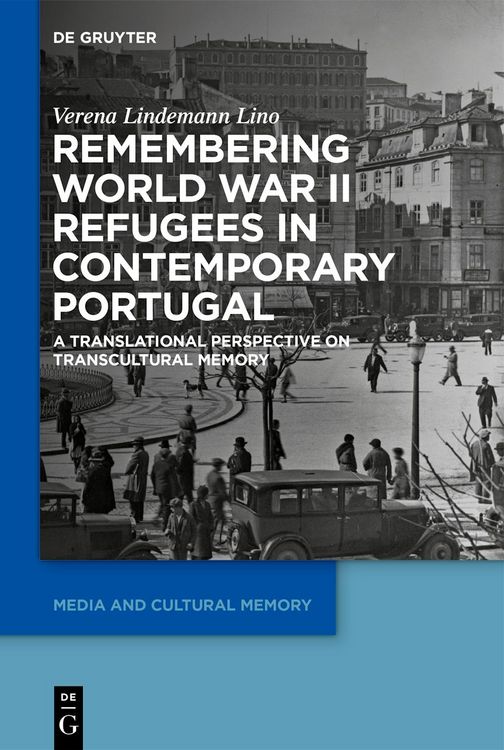 Band 30 - 10%
Band 30 - 10%Verena Lindemann Lino
Remembering World War II Refugees in Contemporary PortugalBuch
88,99 €
99,95 €* -
Memories of the Classical Underworld in Irish and Caribbean Literature von Madeleine Scherer
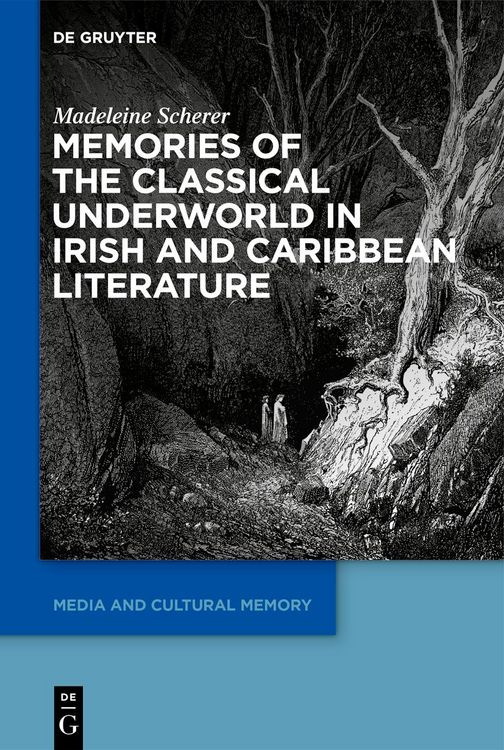 Band 31 - 10%
Band 31 - 10%Madeleine Scherer
Memories of the Classical Underworld in Irish and Caribbean LiteratureBuch
102,99 €
114,95 €* -
The Politics of Dementia von Irmela Marei Krüger-Fürhoff
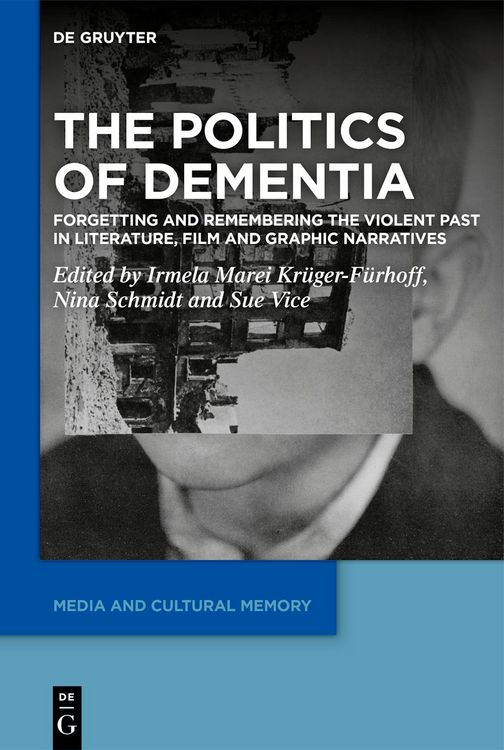 Band 32 - 11%
Band 32 - 11%Irmela Marei Krüger-Fürhoff
The Politics of DementiaBuch
79,99 €
89,95 €* -
Appropriations of Literary Modernism in Media Art von Jordis Lau
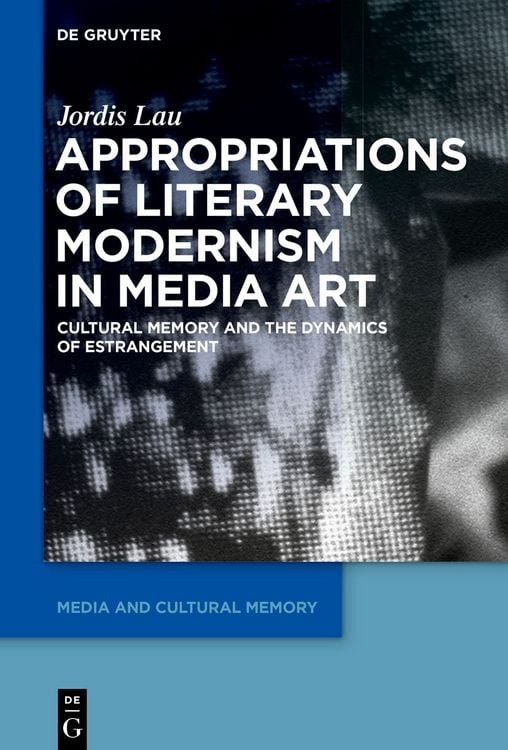 Band 33 - 10%
Band 33 - 10%Jordis Lau
Appropriations of Literary Modernism in Media ArtBuch
77,99 €
86,95 €* -
Youth and Memory in Europe von Félix Krawatzek
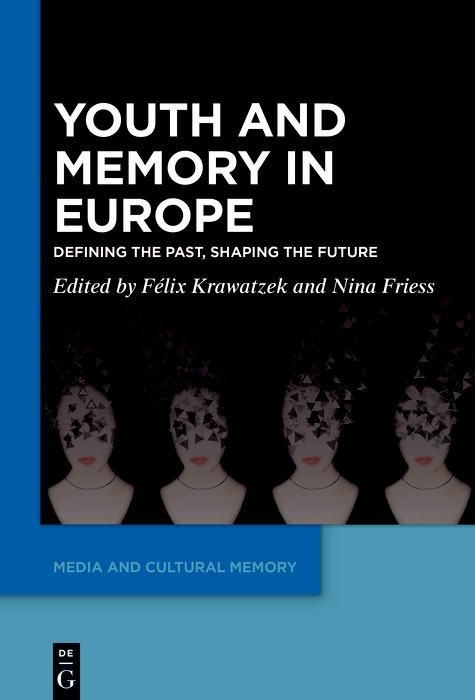 Band 34
Band 34Félix Krawatzek
Youth and Memory in EuropeeBook
0,00 €
-
Pathos and Anti-Pathos von Tom Vanassche
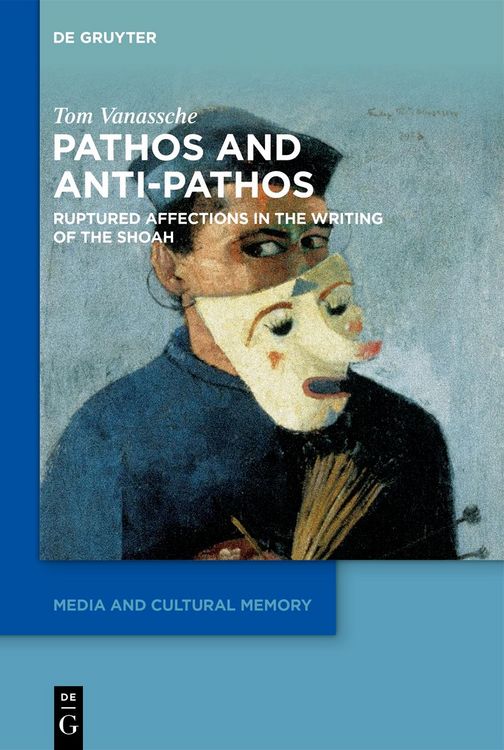 Band 36
Band 36Tom Vanassche
Pathos and Anti-PathosBuch
89,99 €
-
Memorialising the Holocaust in Human Rights Museums von Katrin Antweiler
 Band 37
Band 37Katrin Antweiler
Memorialising the Holocaust in Human Rights MuseumsBuch
18,99 €
Unsere Kundinnen und Kunden meinen
Verfassen Sie die erste Bewertung zu diesem Artikel
Helfen Sie anderen Kund*innen durch Ihre Meinung
Kurze Frage zu unserer Seite
Vielen Dank für dein Feedback
Wir nutzen dein Feedback, um unsere Produktseiten zu verbessern. Bitte habe Verständnis, dass wir dir keine Rückmeldung geben können. Falls du Kontakt mit uns aufnehmen möchtest, kannst du dich aber gerne an unseren Kund*innenservice wenden.
zum Kundenservice